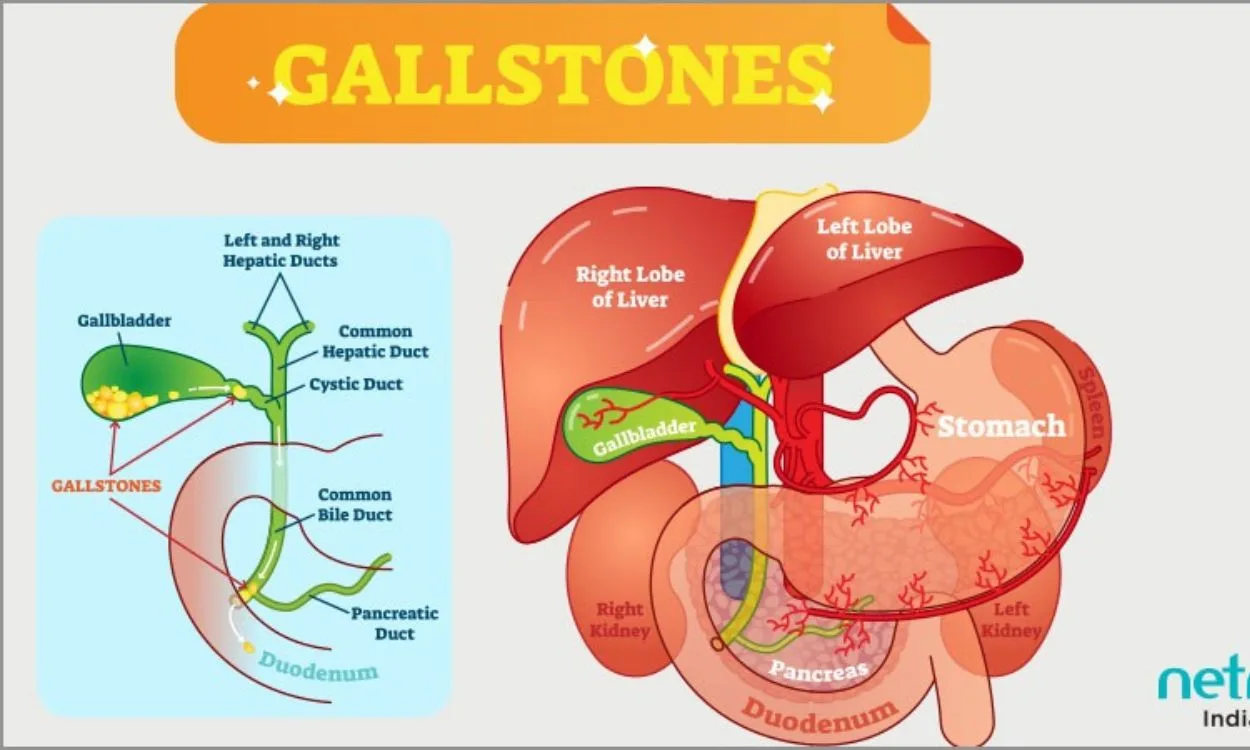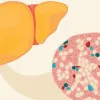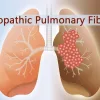Can Fatty Liver Cause Gallstones?
Gallstones are small, solid deposits that form in the gallbladder, a pear-shaped organ located beneath the liver. They can vary in size and composition, and can cause a range of symptoms, including abdominal pain, bloating, nausea, and jaundice. Fatty liver, on the other hand, is a condition characterized by the accumulation of fat in liver cells. Both fatty liver and gallstones are common conditions, but is there a connection between the two? Can fatty liver cause gallstones? Let’s explore this topic in detail.
Fatty Liver and Gallstones
- Fatty Liver: Fatty liver, also known as hepatic steatosis, occurs when there is an excessive accumulation of fat in the liver cells. This can happen due to various factors, such as excessive alcohol consumption, obesity, diabetes, high cholesterol levels, and poor diet. Fatty liver itself does not typically cause symptoms, but it can progress to more severe conditions, such as non-alcoholic fatty liver disease (NAFLD) and non-alcoholic steatohepatitis (NASH).
- Gallstones: Gallstones are solid deposits that form in the gallbladder. They are usually made up of cholesterol or bilirubin, a pigment produced by the liver. Gallstones can vary in size, ranging from as small as a grain of sand to as large as a golf ball. They can develop when there is an imbalance in the substances that make up bile, a fluid produced by the liver and stored in the gallbladder. Gallstones can cause a range of symptoms, including abdominal pain, bloating, indigestion, and jaundice.
The Link Between Fatty Liver and Gallstones
While there is no direct causal relationship between fatty liver and gallstones, there are several factors that can increase the risk of developing both conditions. These factors include:
- Obesity: Obesity is a common risk factor for both fatty liver and gallstones. Excess weight can lead to the accumulation of fat in liver cells and the formation of gallstones.
- Insulin Resistance: Insulin resistance, a condition in which the body’s cells become less responsive to the effects of insulin, is often associated with fatty liver and can also increase the risk of gallstone formation.
- Dietary Factors: A high-fat, high-cholesterol diet can contribute to the development of both fatty liver and gallstones. Consuming excessive amounts of saturated fats and cholesterol can lead to the accumulation of fat in the liver and an increased risk of gallstone formation.
- Metabolic Syndrome: Metabolic syndrome, a cluster of conditions that includes obesity, high blood pressure, high blood sugar, and abnormal cholesterol levels, is associated with an increased risk of both fatty liver and gallstones.
Managing Fatty Liver and Reducing the Risk of Gallstones
If you have been diagnosed with fatty liver or are at risk of developing gallstones, there are steps you can take to manage your condition and reduce the risk of complications:
- Maintain a Healthy Weight: Losing weight and maintaining a healthy weight can help reduce the accumulation of fat in the liver and lower the risk of gallstone formation. Aim for a balanced diet that is low in saturated fats and cholesterol, and incorporate regular exercise into your routine.
- Eat a Healthy Diet: Focus on consuming a diet that is rich in fruits, vegetables, whole grains, lean proteins, and healthy fats. Limit your intake of processed foods, sugary beverages, and foods high in saturated fats and cholesterol.
- Stay Active: Regular physical activity can help improve insulin sensitivity, promote weight loss, and reduce the risk of both fatty liver and gallstones. Aim for at least 150 minutes of moderate-intensity exercise or 75 minutes of vigorous-intensity exercise per week.
- Manage Underlying Conditions: If you have conditions such as diabetes, high blood pressure, or high cholesterol, it’s important to manage them effectively to reduce the risk of complications. Follow your healthcare provider’s recommendations regarding medication, lifestyle modifications, and regular check-ups.
While these lifestyle modifications can be beneficial in managing fatty liver and reducing the risk of gallstones, it’s important to consult with your healthcare provider for personalized advice and guidance.
Fitpaa: Your Partner in Achieving Health and Fitness Goals
If you’re looking to achieve your health and fitness goals, Fitpaa is here to support you. With our personalized Fitpaa Capsule, you can optimize your metabolism, improve your overall health, and work towards your desired goals. Our team of fitness coaches, nutritionists, and doctors will create a customized plan based on your unique needs, current lifestyle, and eating habits.
Fitpaa Capsule incorporates medical therapy, medical exercise therapy, medical nutrition therapy, and cognitive behavior therapy to help you achieve guaranteed results. It provides guidance, support, and motivation throughout your journey, with real-time feedback and progress tracking.
With the Fitpaa mobile app, you’ll have access to virtual workout trainers, diet trackers, performance tracking, and much more. Our goal-oriented approach ensures that you achieve your health and fitness goals with a 100% guarantee.
Don’t wait any longer to start your journey towards a healthier and fitter you. Download the Fitpaa app now and experience the joy of achieving your health and fitness goals with guaranteed results. Remember, your well-being is our mission!
Download the Fitpaa App and start transforming your life today.









